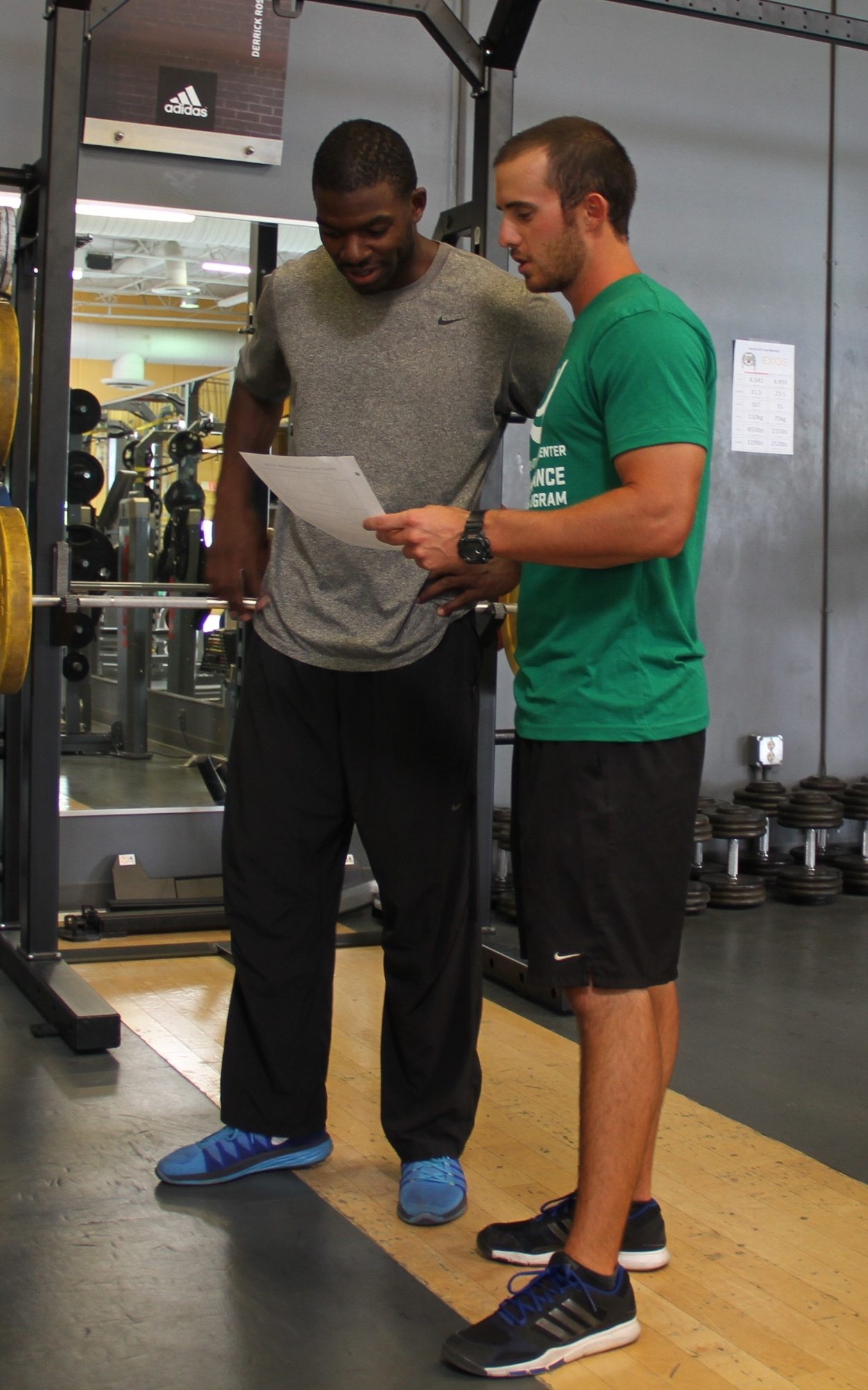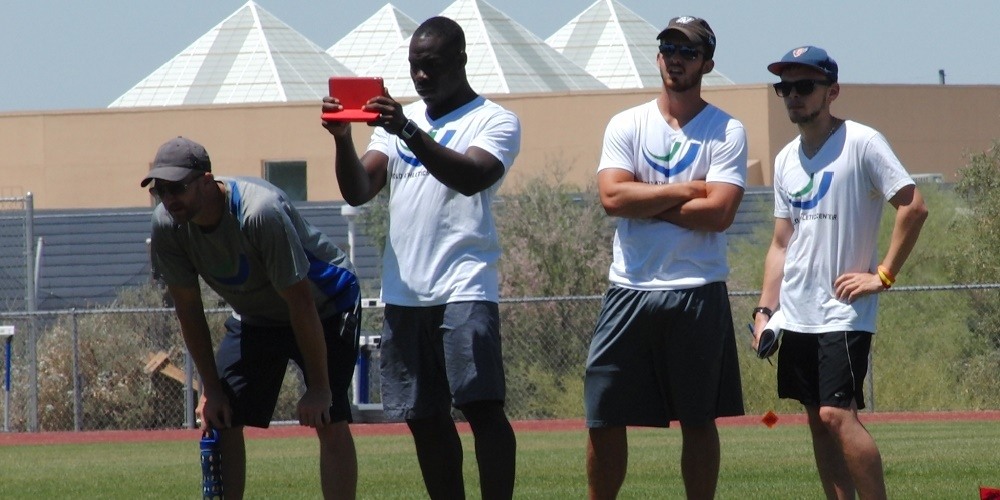A graduate of Grand Valley State University, Jason Hettler is now Strength & Power Coach at Altis. With experience coaching across a variety of sports – including soccer, baseball and softball, Jason first arrived in Phoenix the spring of 2014 to complete a Altis Internship – where he has since remained; fast becoming an integral part of our performance coaching team.
In this week’s blog-post, Coach Hettler examines the importance of creating a motivating environment conducive to building and sustaining high levels of performance.
One of the major takeaways for coaches, athletes, and therapists who visit Altis is the atmosphere that surrounds it. Dr. Jeremy Koenig, CEO and founder of Athletigen, has visited Altis a handful of times, and is one of many to have remarked on the “positivity of the partnership between coach, athlete, and therapist” unique to our training environment.
Altis is a destination for like-minded people to join forces, get their hands dirty, and work towards one common goal: Success. I believe it is important to clarify that success does not necessarily mean podium finishes and World Records. In his book, Beyond Winning, author Gary M. Walton draws attention to the definition of success coined by Coach John Wooden – namely:
“Peace of mind, which is a direct result of self-satisfaction in knowing you made the
effort to do your best to become the best that you are capable of becoming.”
This definition goes hand-in-hand with the mentality at Altis – and for many athletes ascribing to this mindset it often culminates in podium finishes, plus the occasional World Record!
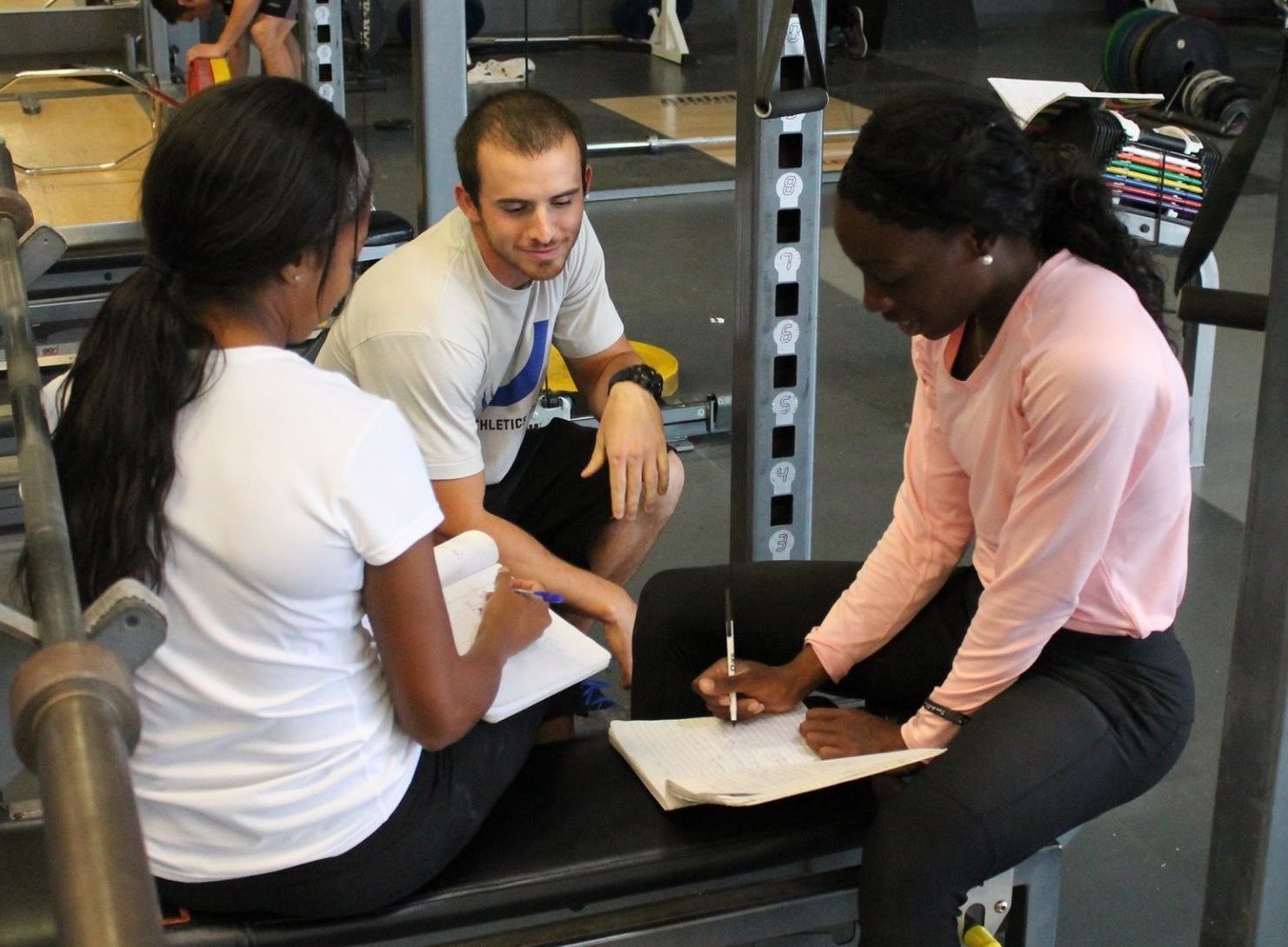
So how does one create such a culture within a training environment? Our Performance Director, Stuart McMillan, answered this question in a Twitter post a couple of months back by giving this advice:
1. Display empathy – show you care
2. Give autonomy – allow for choice
3. Create competence – do what the athletes are good at
Empathy
Coaches should display both athletic empathy – an understanding of how the training feels; as well as being empathetic to life forces which affect athletes outside of the performance environment. Doing so allows the opportunity for a deeper connection to be formed with the athlete. Many of our staff – coaches and therapists alike – will complete many of the same workouts as our athletes on their own time. This leads to a closer understanding of what the athlete may be going through; which can in turn lead to improvements in programming, therapy input, and coaching.
Athletes must also be educated about the training principles and underlying physiology relevant to their programs. To jump-start this process, we have instituted what has come to be called ‘Altis School’. Each week a new topic is selected – such as nutrition, or video review – and a classroom setting Q&A then ensues. This practice has proven to be very effective and efficient in building understanding.
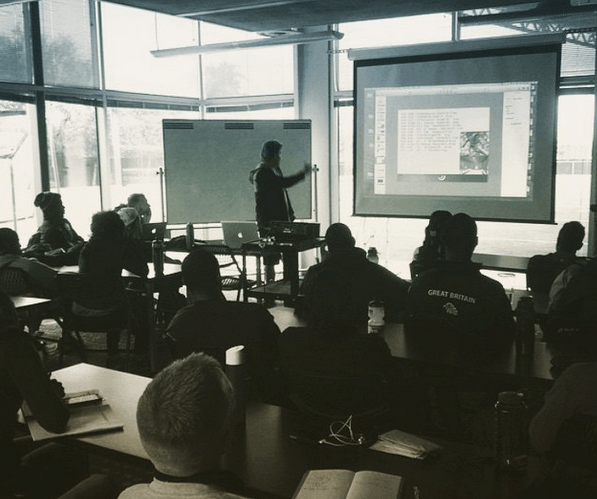
Autonomy
Once a certain level of understanding and expertise is achieved, athletes should be included in decision-making processes. Our lead coaches do a great job of this by prescribing ranges and options into much of the programming. One of the great benefits of programming this way is that the athlete is now allowed a choice – and as a result is much more invested in the training. In her book, Mastermind, Maria Konnikova states that “no matter how expert at something we become, we can forget the simplest of elements if we go through the motions of our tasks mindlessly; regardless of how motivated we may be to succeed”. When an athlete transitions from being told what tasks to perform to now having a voice in the process, a new level of mindfulness is often achieved.
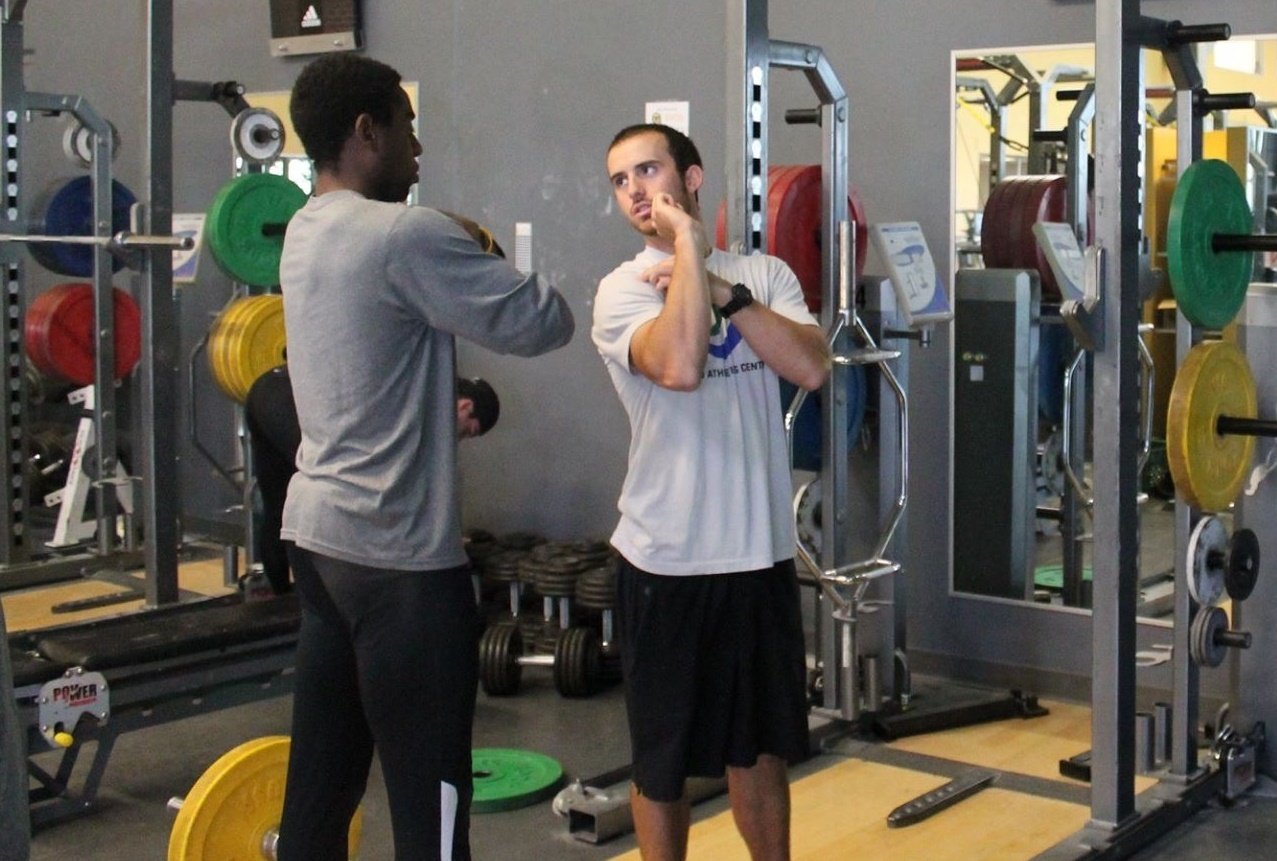
Competence
Coaches can help create competent athletes by spending time working on the strengths of those athletes. This concept was one of the first things taught to me by Coach McMillan. Often, programs will attack nothing but perceived weaknesses, which creates many negative feelings – including a loss of confidence. An athlete lacking in confidence is never a good thing – especially near competitions. Therefore, as we progress into the competitive season, we allow the athletes to perform tasks that they enjoy and are comfortable with.
As coaches, it is our responsibility to provide athletes with an environment in which they can flourish. By showing you care, allowing for choice, and doing what the athletes are good at during critical times of year, you will be well on the way towards obtaining self-satisfaction; knowing you gave your best effort to support them in achieving the best they are capable of.
